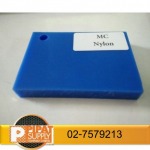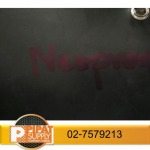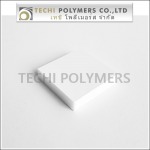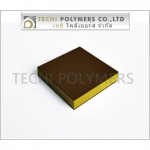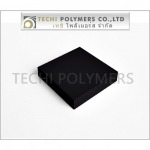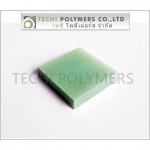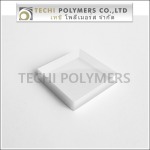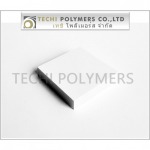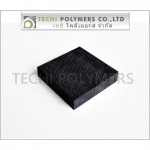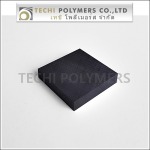Online Catalog
Semitron® ESd 420
Semitron® ESd 420
Semitron® ESd 420 is a static dissipative Polyetherimide. This material shares the same general properties as PEI but incorporates static dissipative characteristics throughout, with resistivity in the range of 10^6 to 10^9 ohms. It is thermally stable up to temperatures of 420°F (215°C) without degradation.
Semitron® ESd is a family of static dissipative products specifically designed for applications where electrical discharge during operation poses a challenge. These products are inherently dissipative and do not rely on atmospheric conditions (humidity) to activate their properties. Additionally, they do not require surface treatments for dissipation. Static electricity is readily dissipated through these products as effectively as it is along their surfaces.
Stock Shape / Size Range:
- Plate: Thickness: 9.53mm - 50.80mm
- Rod: Diameter: 9.53mm - 111.3mm
Contact Us:
Tel: 08-5689-7767, 0-2150-9835
Email: sales@techipolymers.com
Usability
Semitron® ESd 420: Static Dissipative Polyetherimide Material
Semitron® ESd 420 is a Polyetherimide (PEI) material with inherent static dissipative properties, making it ideal for applications requiring reduced risk from static electricity in manufacturing processes. This material shares general properties with PEI, such as strength and stability at high temperatures, while adding the capability to dissipate static electricity with resistivity ranging from 10⁶ to 10⁹ ohms/sq.m.
Key Features of Semitron® ESd 420:
-
Permanent Static Dissipative Properties: It does not rely on humidity or additional surface coatings. The ability to dissipate static electricity is an intrinsic property of the material, ensuring continuous prevention of static buildup.
-
High-Temperature Resistance: It can withstand temperatures up to 420°F (215°C) without degradation, making it suitable for use in high-temperature environments.
-
Operational Stability: Semitron® ESd 420 exhibits high mechanical strength and wear resistance, making it suitable for industries that demand durable and high-performance materials.
Applications of Semitron® ESd 420:
-
Electronics Industry: Ideal for use in systems that require control of static electricity dissipation to protect sensitive electrical devices and components.
-
Semiconductor Manufacturing: Used in processes that require strict control of static electricity, such as the production of semiconductor components.
-
Automotive and Aerospace Industries: Utilized in components that require high-temperature resistance and protection against static electricity.
Please request for more details or contact our customer service for more information.

